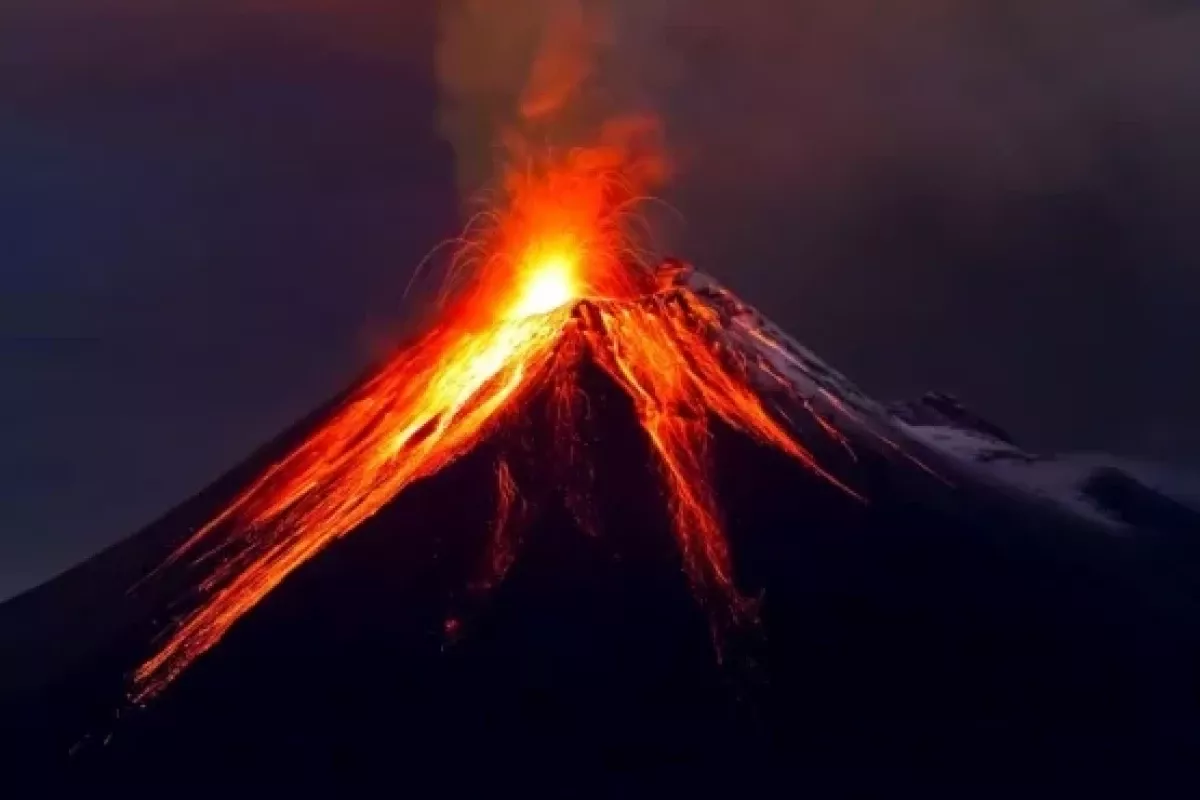The volcanic eruption has started again in Reykjanes.

A volcanic eruption has been recorded once again on the Reykjanes Peninsula located in the southwest of Iceland. This was reported by Zamin.uz.
This is considered the ninth volcanic activity in the area since the end of 2023, according to The Guardian. According to the Icelandic Meteorological Institute, the explosion began at 04:00 local time.
Lava was shown erupting from a fissure on live broadcast. It was later determined that the main fissure had reached a length of 2.4 kilometers, and a second fissure of 500 meters had also appeared nearby.
Due to the high levels of toxic gases in the air, residents were urged to stay indoors. The famous Blue Lagoon resort and the nearby village of Grindavik were evacuated.
According to Police Commissioner Margret Kristin Paulsdottir, approximately 100 people were relocated to safety. Some tourists were stopped from entering the area.
Benedikt Ofeigsson, a geophysicist at the Icelandic Meteorological Institute, noted that this eruption is weaker compared to previous ones and does not pose a threat to significant infrastructure. The last eruption occurred in April.
The risk assessment published this week indicated that no new eruptions were expected until autumn. The volcanoes in Reykjanes had been silent for 800 years, but activity has increased since March 2021.
Experts emphasize that a "new volcanic period" has begun in this area. According to RUV, today's eruption will not affect international flights.
It is worth noting that the eruption in 2010 caused serious damage to global air travel. Iceland has a total of 33 active volcanic systems, which is the highest in Europe.
The country is located on the Mid-Atlantic Ridge between the Eurasian and North American tectonic plates.







